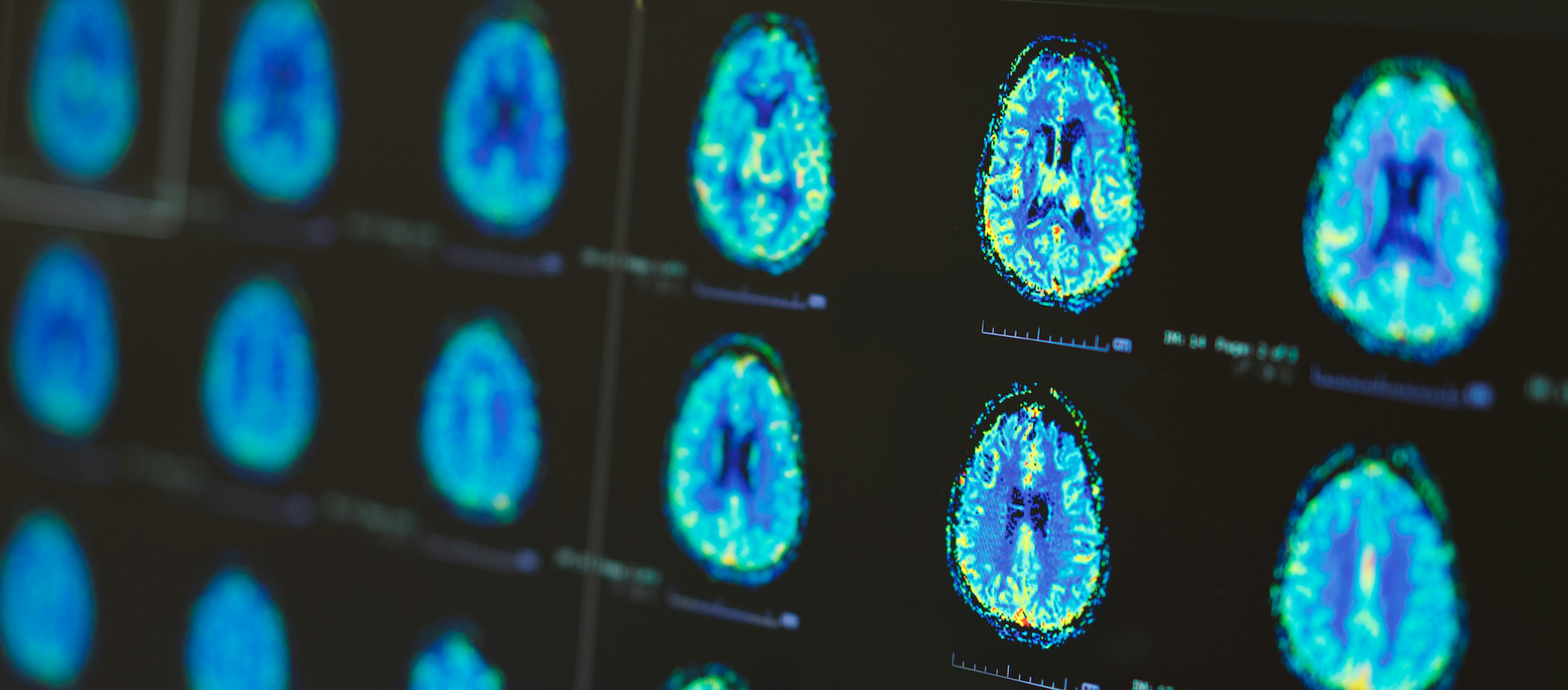Back in November I posted a blog called Buddhism and Your Brain in which I explored a possible scientific explanation for the feeling of timelessness experienced in Buddhist meditation. A comment thread commenced about whether certain kinds of brain activity might cause mystical experiences or whether those brain states are just correlated with them—secondary physical results of true spiritual breakthroughs.
This radical question followed: If spirituality is just biochemical, could Nirvana be achieved by swallowing a pill? Could enlightenment come over-the-counter?
Liberation by prescription! Pharmacists as the new clergy!
I didn’t know it in November but brain/religion questions are being actively researched by scientists around the world. Their new subspecialty of brain science is called neurotheology. This emerging field is also capturing the attention of religious scholars, to mixed reactions. Many find it too reductionistic, a new way for science to try to discredit religion, demoting revelation to just strange misfirings of neurons and synapses. Others find it affirming, considering the blotches of bright red and orange in SPECT scans taken at the climax of ecstatic prayer to be the visible footprint of God, religious iconography for the 21st century.
Last week I delved deeper into neurotheology, reading a great book called Why God Won’t Go Away: Brain Science and the Biology of Belief. In it, the authors explain that there’s a place in the brain called the ‘orientation association area’ that’s located in the parietal lobe of the cerebral cortex—the part of our brains where all our most advanced cognition happens. There are technically two orientation association areas, actually, one in each brain hemisphere. The left area is responsible for creating our felt sense of having a physical body, distinct from surrounding space. The right area generates our sense of that surrounding space in which our body moves and lives.
Turns out, when running brain scans of Buddhist monks at the peak of their meditations, scientists have observed that the orientation association areas of their brains go dark. A monk’s intention to dull his or her senses to achieve meditative quiet results in a lack of electrochemical flow to these areas in the brain that give us a sense of having a physical body separate from the space around us. Thus ‘disoriented,’ a monk becomes unable to feel where he or she stops and the rest of the universe begins. Nirvana.
Throughout history, mystics of all faiths who’ve achieved transcendent states have commonly reported a feeling of merging with an infinity of space and time in which nothing individual exists, including themselves. The feeling is always described as profound, and deeply pleasurable.
And so the questions are asked and re-asked: Have mystics been reaching God, or inventing God by interpreting unusual brain activity as divinity? And shocking as the question sounds, does it even matter? Is there any deeper truth than what we feel anyway? Or, looked at upside down, what if this is just how the divine chooses to reveal itself?
This neurotheology dialogue is just beginning and I find it captivating. Don’t you?



I would think that any kind of discussion relating to altered mental states through meditation and/or chemical means cannot avoid the overlap of science and spirituality. Part of the problem in the past has been the polarization of the two camps and resistance to see the other’s point of view. With time though, these two aspects of our humanity are more and more finding themselves intertwined and there seems to be a greater openness to how they can augment each other, rather than prove or disprove whatever concepts they currently espouse. Its hard because I think we always want to be able to explain everything we experience in very concrete terms and these experiences are so ethereal in nature that they often defy explanation. Regardless though, in order for this to come to the forefront of a large scale dialogue, having both science and spirituality contributing to the cause is needed to have any wide spread appeal. Up until this point, things remain pretty esoteric in both camps with only the diligent, hard core students or disciples or seekers or whatever being the ones carrying the torch. Perhaps it will always be this way, and yet evolution is an unstoppable force. Human curiosity about the universe and how things work will always be there. Thirsty for the next great revelation about how we ended up here. Any contact with a state of consciousness that transcends this earthly state has got to be super exciting for anyone experiencing it. But for now, to experience these places, you get high on some chemical that opens certain doors in your brain, or your sitting in silence for hours on end trying to block out all the chatter that’s clogging up your unconscious all for a glimpse of something that is real experientially for the experiencer, but not necessarily for everyone else. Addiction to this high is always close, and around the corner for those who just can’t get enough. I think that the science can serve as a grounding force for those who can’t stop meditating and be a rational signpost amidst a very fuzzy field of nirvana. That being said, no one can really say what is real anyway. What is real for you may not be so real for me. In the end we’re all right and we’re all wrong. It would be interesting to be around in 100 years to see where this discussion is. Who knows? Maybe we will be…
No one can invent God, God is the creator. If someone think they could have possible created god then that is one god i would be afraid of. I wouldn’t be able to trust that god for anything, because I made him. If I needed an answer concerning a problem in life that I’m having, I couldn’t ask god because I made him, therfore I would be more superior then him. Wouldn’t want to trust that. If my god is cut out and made out of wood and I worship that wood, wouldn’t want to trust that. A god who is not living is dead, made by man. therfore the person that made the god knows all about the god. There is only one God, The God of Abraham , Isaac, and Jacob and my God. He is the only true living God. He is a God who you can meditate on night and day, ( Joshua 1:8 ) He will give you Joy in the morning, Joy in the noon day, even when the sun goes down. You can call upon him in the time of trouble ( Psalm 50:15 ) and He will answer.
Thank you so much for your comment, Sharon! Yours is obviously a widely held point-of-view. And I agree with you: Self-created gods merit potential fear.
Personally, I can roll with most answers to questions about God that don’t sanction violence against those with a different belief. And so your answer is respected, and appreciated. And your point that no one can invent the creator is noteworthy: Many mystics define God as the “uncreated” generative power of the universe. All the deities of world faiths are thought to simply be different faces of this power—God’s infinite visage turned toward a particular group of people at a particular time in their history. It’s an idea I find resonant, and warming.